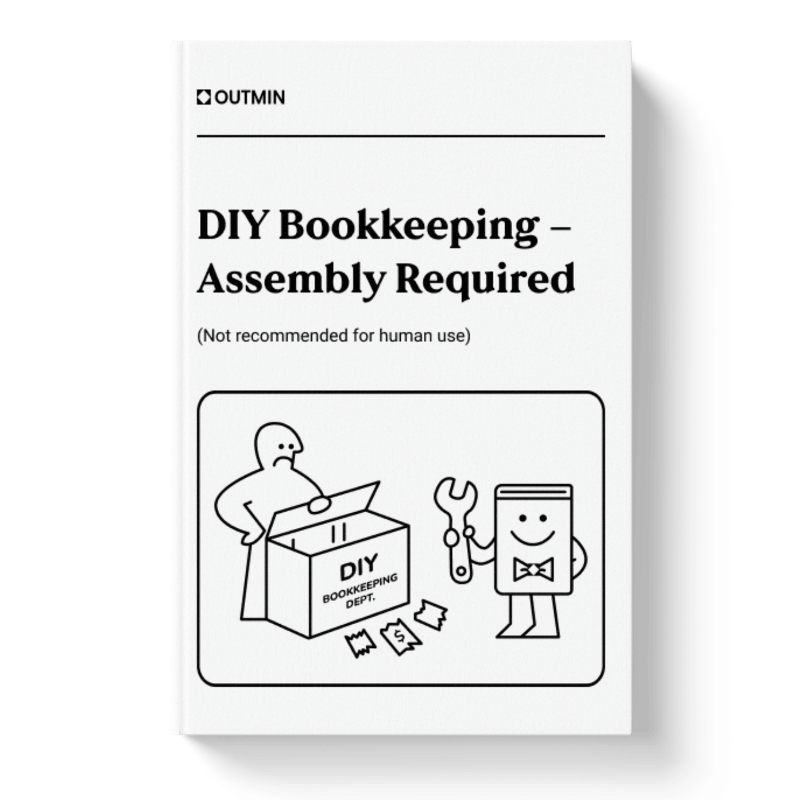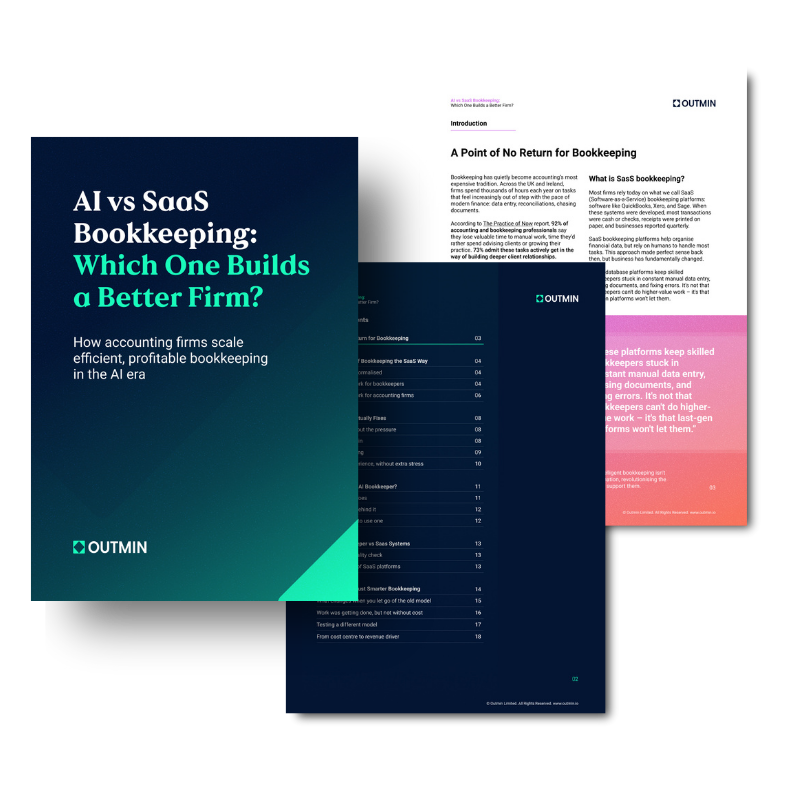July 8, 2024
Why do I need a budget and a forecast

Why do I need a budget and a forecast

[postdate] Facebook-f Twitter Linkedin-in [catslist] [postdate] Facebook-f Twitter Linkedin-in
Failing to plan is planning to fail. And when we’re talking about business, both budgeting and forecasting will allow you to formulate sharper business strategies, which has never been more crucial than it is today.
Now, budgeting and forecasting may seem like interchangeable aspects of doing business. However, they have several key differences. So today, we’ve sat down with our Head of Fractional Chief Financial Officer Services, Conor Stanley, and asked him to demystify the topic once and for all:
Why do you need a budget and a forecast, what are the differences, and how to best use them to grow your business?
Let’s dive in!
What’s the difference between a budget and a forecast?
The primary difference between a budget and a forecast is that a budget is a business’s financial plan, while a forecast estimates future financial progress.
In short:
Budget is what you want to happen. The forecast is what will happen.
Why is a budget forecast important?
A budget forecast is important because it helps you plan and manage your money wisely. It predicts how much you'll earn and spend in the future, so you can make informed decisions and avoid financial surprises.
Budgeting
Suppose you want to double your business next year. Once you’ve established that goal, you’ll create a budget to see how that might look in practice; will you need more salespeople? Will you need more resources?
Budgets allow you to sit down and think about what the future looks like in action items: what actions do you need to take to achieve Goal X?
Budgeting helps you strategically think about goals and how to implement them. However, the budget is just a numerical representation of your plan.
The process of doing a budget is a truly valuable thing. It’s the thinking that goes into it and everyone who sits down at the table to figure it out, from the business owner to the head of sales, operations, etc.
Insider tip: Budgets are never right. You rarely get to the end of the year and say: the budget was perfect! I was 100% right! But without a budget, you’re always wrong. You drift. You need a budget to scale.
What Should your Budget Contain?
The typical budget includes the following:
- Three to six months of planning (if we’re talking about the annual budget).
- Detailed financial documents, such as income statements, balance sheets, and cash flow statements.
- The measured metrics that the management or financial leaders will use to assess financial progress over time.
- Employee compensation plans, which are to be finalized during the budget planning process.
Forecasting
Now, we know that the budget is your numerical plan and what you think you want to happen. Forecasts, on the other hand, are what is going to happen based on your historical data.
You can use them to gauge your accuracy or – much more practical (and the way our Conor prefers it) – you can use forecasts to reexamine your budget at a point in time and ask yourself:
“Knowing what we know now, can we stick to the plan?”
In addition to your forecasts and budgets, once the year starts, do a gap analysis report.
In which part of your budget is there a gap? (For example, you could be losing productivity, or some of your costs may have increased.)
Then, drill down on why there is a gap. Use a board meeting to get everyone together and get to the bottom of the problem, and address it to ensure you meet your goals.
Gap Analysis Report Template
1. Current budget (per the forecast):
- What is the budget allocation per department/category/project?
- What are the revenue sources and expenses? (P.S. Management accounts can help you go granular on this item!)
2. Projected budget:
- What is your projected budget for the period?
- Are you investing in new initiatives or plans?
- Are you anticipating any changes in revenue or expenses?
3. Analyse the gap:
- What is the gap between the current forecast and projected budgets?
- Where is the gap?
4. Revenue analysis:
- Analyse the projected revenue.
- Analyse the forecasted revenue.
- Analyse potential “disturbances” (e.g., changing market conditions, pricing changes, etc.)
5. Expense analysis:
- Analyse the projected expenses.
- Analyse the forecasted expenses.
- Analyse any potential “disturbances.”
6. Budget gaps:
- Where are the gaps between the budget and the forecast? (Look across categories, and go granular once you find the source.)
- Analyse the reasons.
- Consider unforeseen factors like ineffective cost control measures.
7. Risk analysis:
- How could these gaps affect your budget in the long term?
- What are the risks, and what are the opportunities?
8. Action plan:
- Develop an action plan to address the gaps with specific strategies targeting the problem areas.
- Consider how your solution might affect other categories to mitigate risks there.
Throughout it all, we can’t overstate how important it is to communicate.
You shouldn’t create an action plan in a vacuum; instead, get your team together so everyone is in alignment and so everyone “brings their own numbers” and can be held accountable.
Best Practices for Budgeting and Forecasting
In our conversation, Conor outlines the three golden rules he follows when creating watertight budgets:
1. Start early. Don’t scramble to get your budget done in November or December. Instead, start thinking about it in September so you can get the supporting infrastructure in place.
2. Re-forecast often. Then, compare your forecasts, and compare them to the budget gap analyses. You might find patterns that are costing you accuracy.
3. Involve everybody. Don’t discuss “someone else’s” numbers – for example, if you’re talking about revenue, the Head of Sales should be present. When everyone brings their own numbers, they also come bearing context. Plus, you’ll immensely increase ownership and accountability.
Not a Matter of Versus – Budgets and Forecasts Are Teamwork
Think of forecasts as your budget’s accountability partner. While your budget may have decided to start working out in January, the forecast will come in and check that the budget is actually going to the gym regularly in March.
And if it’s not, well – you’ll be able to reassess. (Perhaps it’d prefer a different activity.)
Metaphors aside, budgets are an iterative process, a deep dive into why the business works the way it does. For example, if you worked with Outmin’s fractional CFOs, they’d build a model and tune it up based on the new insights from forecasts.
In a recent case, Outmin’s fCFOs identified that one client was spending over £40k yearly on unnecessary office space. Once the gap was identified, we helped them cut that unnecessary cost so that they could allocate those funds to high-priority projects.
After all, if you can’t see it, you can’t improve it. Budgets are your vision, but forecasts are what will get you from here to where you want to be.
And if you need help ensuring your plans are supported by your means, get in touch with us. Outmin is your hassle-free solution for a complete financial management suite with experts for every area of your business’s finance. Contact us today to learn more about our solutions!
Related Articles
More Articles [am_post_grid pagination_type="none" posts_per_page="3"]









